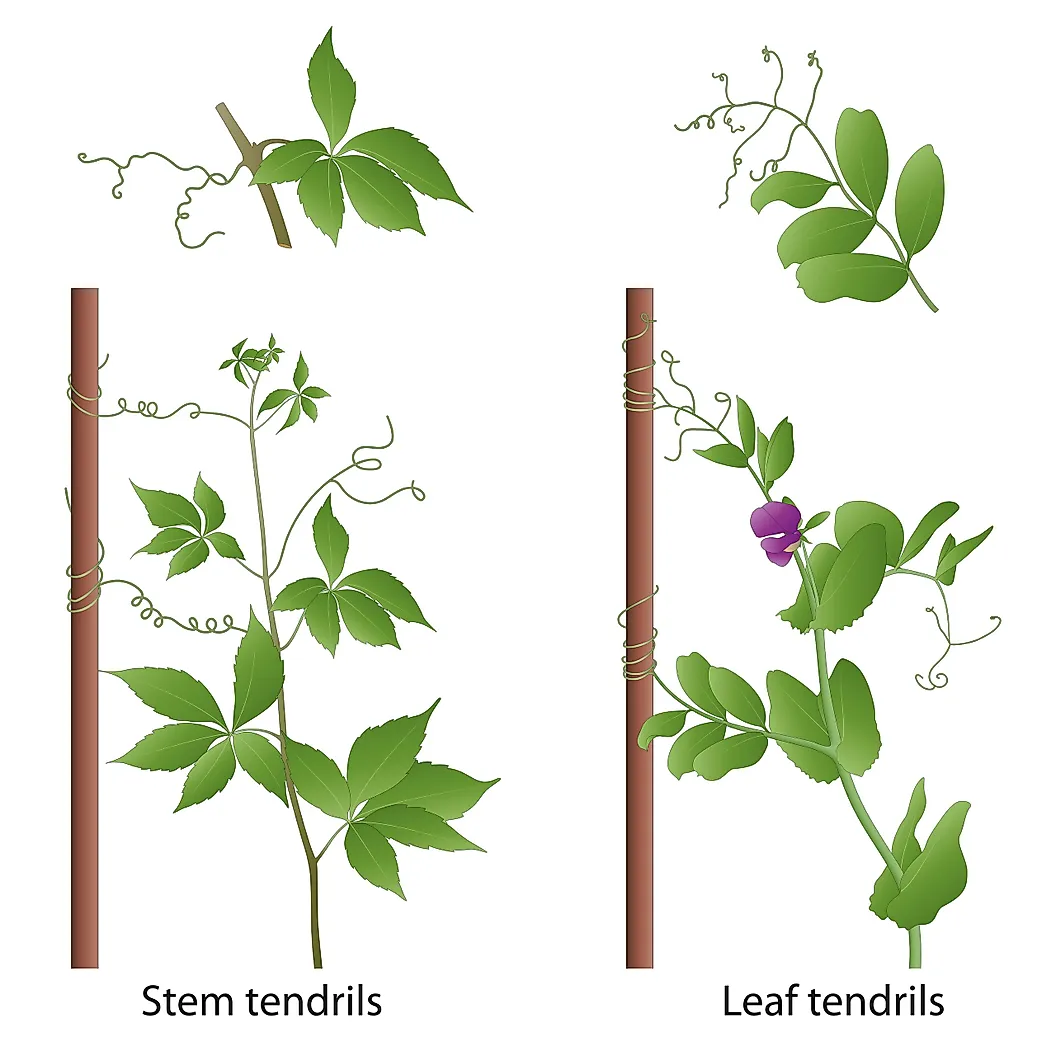Plant Tropisms
Firstly, sorry I haven't updated last month. Things got a bit hectic, but I'm back on track.
Today, I'm going to talk about plant tropisms and examples.
Firstly, what is a tropism?
A tropism is a plant's response to a stimulus
A stimulus is an action or event that influences the activity of an organism.
For example, if you touch someone, they'll be confused.
Now, let's talk about the 3 tropisms:
Phototropism
Phototropism is the reaction of plants to light.
As to where the light is coming from, the plant leans in that direction.
Have you ever seen your houseplant or vine that starts twisting towards where the light of your living room? That plant is using phototropism.
Getting more technical, the plant has this hormone called auxin. It's artificially made by the plant. In this case, the plant uses auxin to move its cells towards the light:
Thigmotropism
Thigmotropism is the reaction of plants to their physical environment.
If a plant, mostly a vine, wraps around a sturdy enough object which is small enough, like a pipe, in order to help support itself.
The plant uses something called tendrils in order to grab said object:
There are 2 types of tendrils, stem, and leaf tendrils.
Stem tendrils are different parts of the plant, extending from the stem.
Leaf tendrils are either part of the stem, as the top grows and wraps around an object or the extension of a leaf.
If you've ever seen a vine on a building, the vine itself is actually grabbing the building using tendrils and it's own body.
Gravitropism
Gravitropism/Geotropism is the reaction of plants to gravity.
The plant can tell whether or not it's facing up or down because of gravitropism.
This is a pretty barebones example, but imagine if you tripped over your Lego Death Star, you'd be pretty star-crossed. But you respond to that by, of course, standing up. It's just like the plant, if it's knocked over, it'll "stand" up.
There are others like Hydrotropism, Thermotropism, maybe even Chemotropism. Which are:
Hydrotropism:
The plant's reaction to a reduction of water intake, by growing towards the water
Thermotropism:
The plant's reaction to the reduction or increase of temperature, by trying it's best to reduce the amount of kinetic energy, such as reducing activity, or by hibernating, like deciduous trees
Chemotropism:
The plant's reaction to harmful chemicals in its environment, by growing away from it in order to survive.
I'm trying to relearn and sharpen everything I'm doing so far and even learning new things about it entirely. I hope that this helps in whatever you're doing, or just teaches you something new!



Comments
Post a Comment